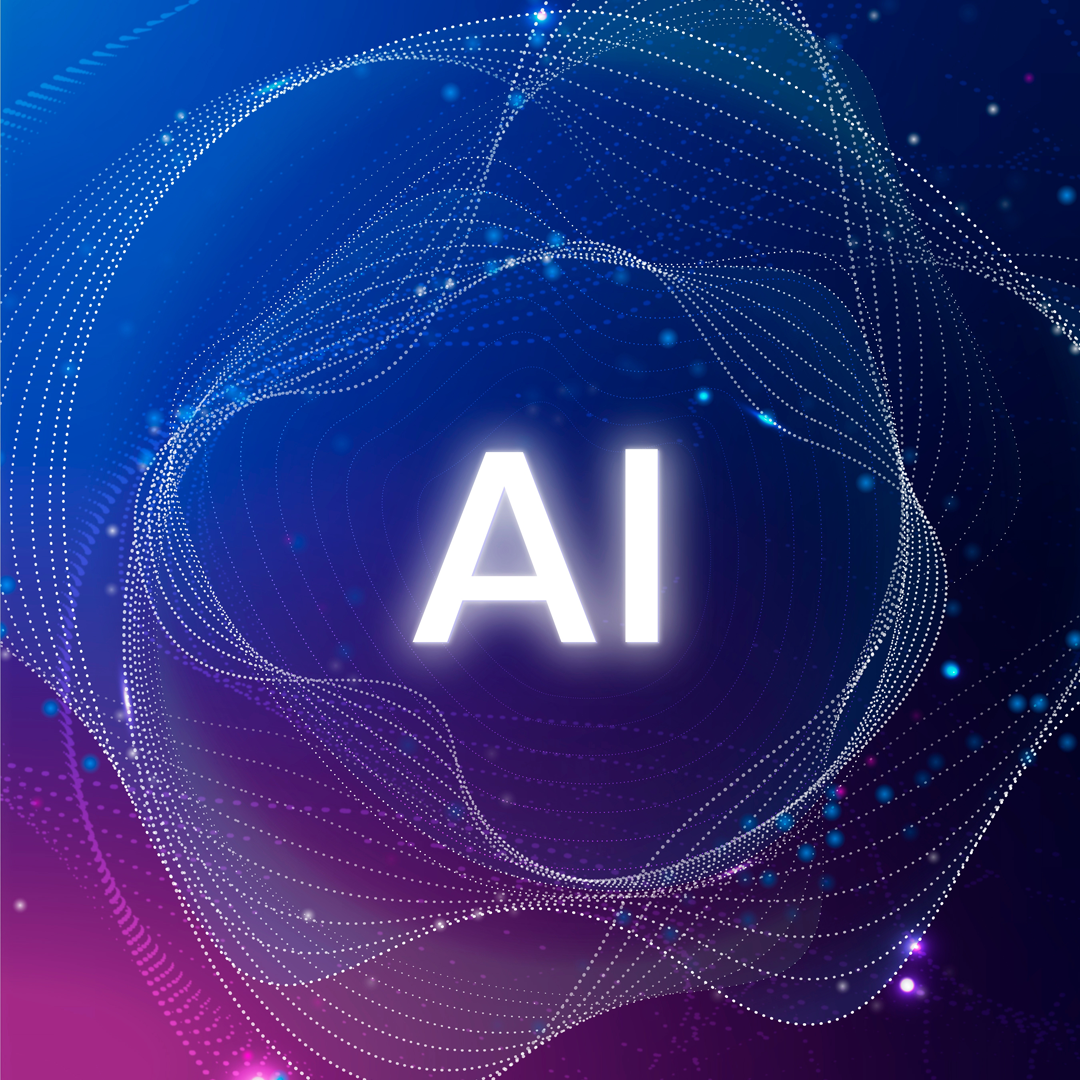
Artificial Intelligence (AI)
AI refers to the simulation of human intelligence in machines, enabling them to perform tasks like reasoning, learning, problem-solving, and decision-making.
Artificial Intelligence (AI) is a transformative technology that enables machines to perform tasks typically requiring human intelligence—such as learning, reasoning, problem-solving, perception, and decision-making. Leveraging techniques like machine learning, deep learning, and natural language processing, AI is reshaping industries by automating complex processes, enhancing data-driven insights, and delivering personalized experiences.
From virtual assistants and recommendation engines to autonomous vehicles and medical diagnostics, AI applications are rapidly evolving and becoming integral to everyday life. In business, AI drives efficiency, innovation, and competitive advantage by optimizing operations, predicting trends, and improving customer engagement. As AI continues to advance, it also raises critical considerations around ethics, bias, transparency, and governance—making responsible AI development essential to ensuring long-term value and trust. Positioned at the heart of digital transformation, Artificial Intelligence is not just a technology—it’s a catalyst for reimagining the future.




